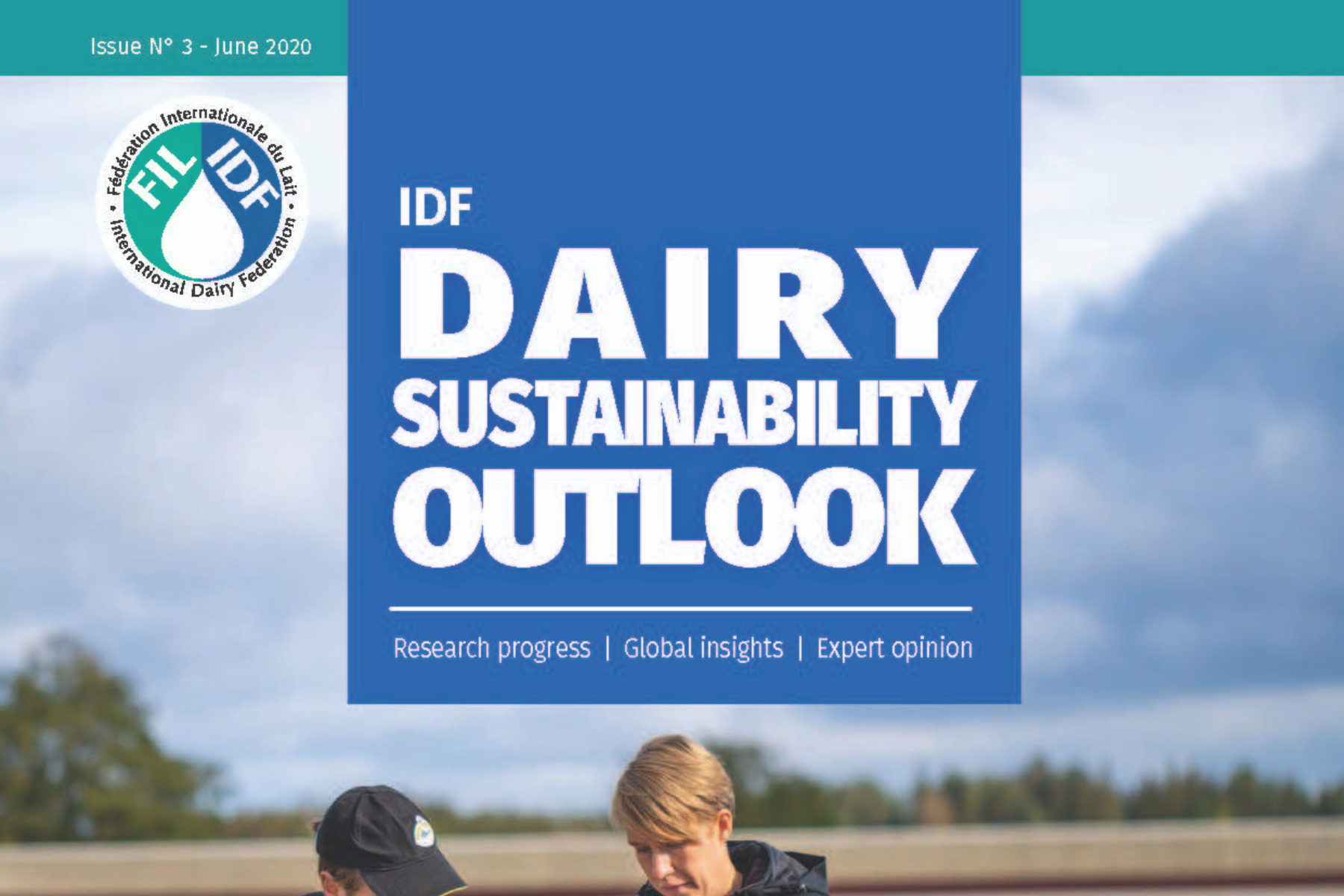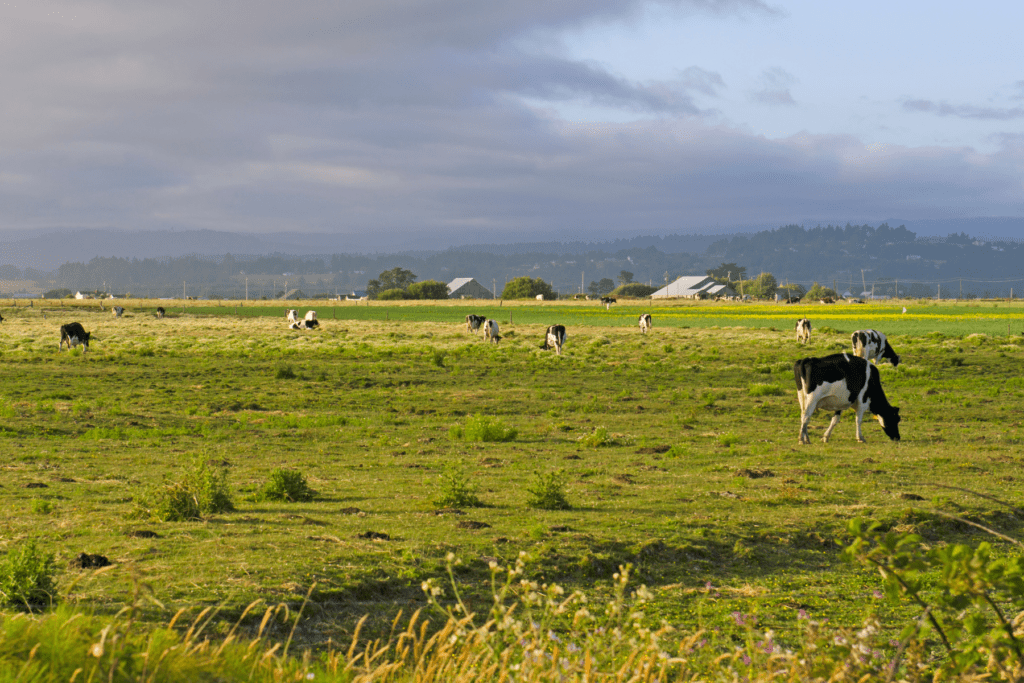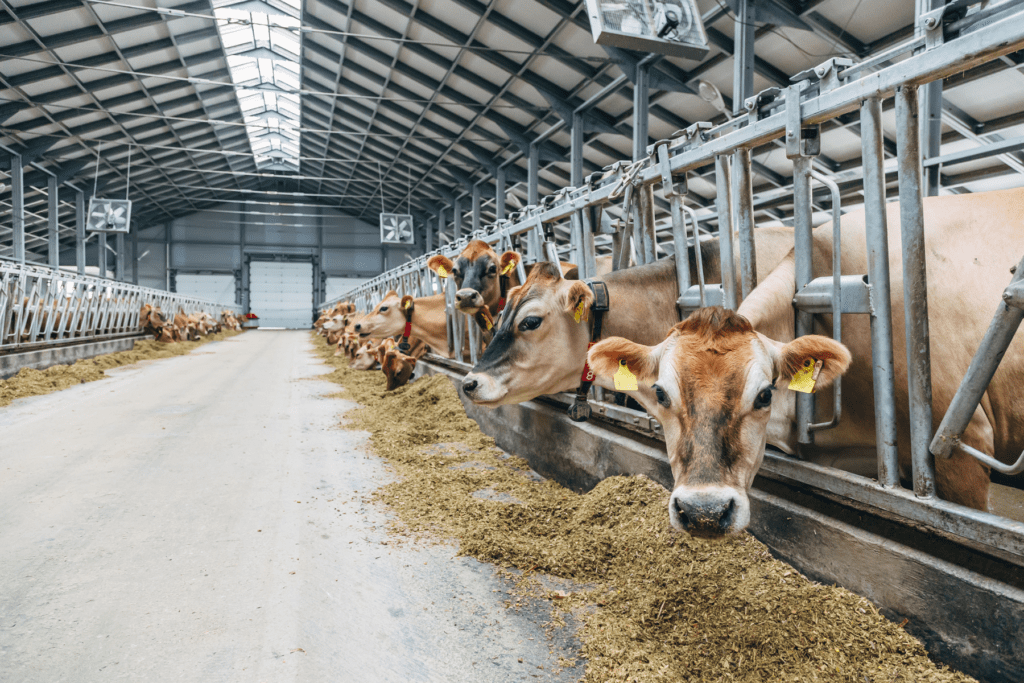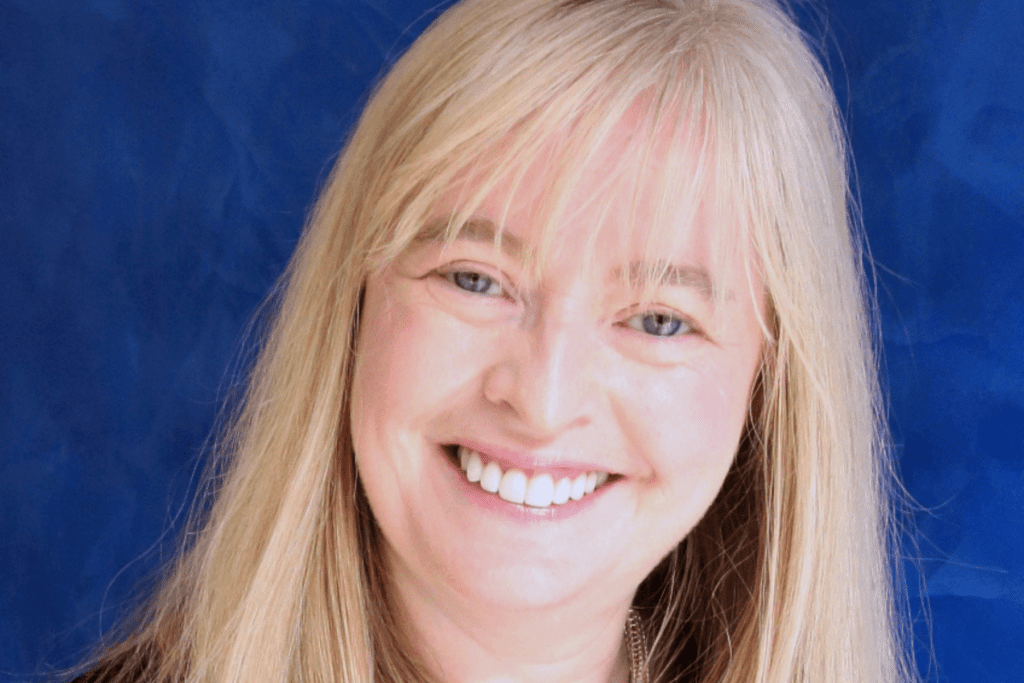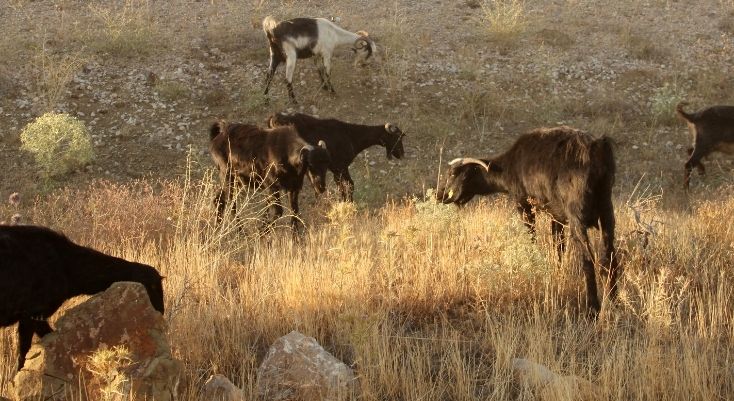The International Dairy Federation (IDF) has launched the 3rd edition of its well-received Dairy Sustainability Outlook series, which provides new case studies to support the dairy sector in delivering on its commitment to sustainable development.
Finding new ways to reduce impact on environment, manage resources efficiently and increase benefits to biodiversity and bioeconomy is a crucial part of the commitment made by the dairy sector for continuous improvement.
Launched today (25 June), the 3rd edition of IDF’s Dairy Sustainability Outlook showcases ongoing activities and the latest initiatives to ensure sustainable dairy, including new approaches to agriculture, quality education, improved milk quality, development of rural areas through dairying, strong international cooperation and climate commitment achievements.
Case studies in the new edition include sustainability knowledge transfer between Denmark and China; how the Milky Way Partnership is helping deliver on the UN’s sustainable development goals; how Israeli dairy experts are transforming the dairy sector in the Atlántico Departmental region in Colombia; and how the Russian dairy sector is making rural areas a truly attractive place to live as well as for young people to start families.
A case study in India shows how the establishment of an efficient manure value chain can provide fuel needs and provide a stable income for dairy farmers. In Brazil, anaerobic biodigestion of livestock manure is shown to produce clean energy and reduce soil and water contamination, while in Sweden, the report looks at the largest single undertaking to reduce losses of nutrients to air and water from livestock and crop production.
Seven case studies inspire the reader with different practical solutions for the sector to meet the environmental challenges. The 3rd edition also provides an example of how COVID-19 has impacted the dairy sector and outlines the measures taken in France to maintain the activity of the sector.
IDF Director General Caroline Emond said: “Sustainable development is a collective effort that depends on collaboration between governments, international organizations, and the private sectors, along with individuals. The IDF recognizes the challenges and opportunities and is committed to contributing relevant scientific information and good practice to the discussion. This new edition is a valuable continuation of the series and provides an insight into the contribution of milk production, processing, and consumption to the achievement of UN Sustainable Development Goals.”
IDF’s Dairy Sustainability Outlook 3 contains contributions from 18 countries around the world: Australia, Belgium, Brazil, China, Denmark, France, India, Ireland, Israel, The Netherlands, New Zealand, Nigeria, Russian Federation, South Africa, South Korea, Sweden, US, and UK. As in previous editions it is a tool for the IDF to provide an outlook of the ongoing sustainability initiatives from the dairy sector.
Dairy Sustainability Outlook 3 is free to all and can be downloaded now.




